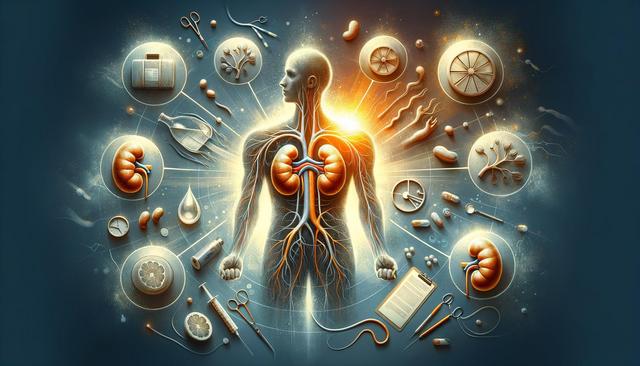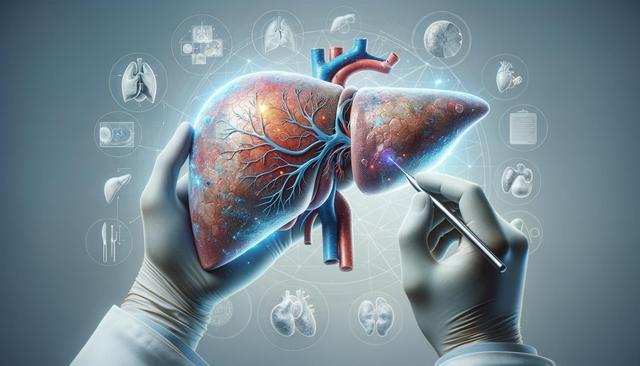Understanding the Role of the Kidneys
Your kidneys are vital organs responsible for filtering waste from the blood, balancing fluids, regulating blood pressure, and supporting red blood cell production. Each day, these bean-shaped organs filter around 50 gallons of blood, producing up to two quarts of urine. When kidney function begins to decline, it can affect many other systems in the body. Unfortunately, kidney disease is often referred to as a ‘silent’ condition because symptoms may not become apparent until significant damage has occurred. Recognizing early warning signs can lead to timely diagnosis and treatment, potentially slowing the progression of the disease.
Early Warning Signs to Watch For
In the early stages, kidney disease may not cause noticeable discomfort. However, there are several signs that can indicate a problem is developing. These symptoms are often subtle and can be mistaken for other health issues. Key early signs include:
- Fatigue or weakness, due to reduced red blood cell production
- Swelling in the ankles, feet, or hands, caused by fluid retention
- Changes in urination patterns, including frequency, color, and presence of foam
- Persistent itching or dry skin, related to waste buildup
- Shortness of breath, which may result from fluid accumulation in the lungs
These symptoms can vary in intensity and may come and go. It’s important to monitor any persistent changes and discuss them with a healthcare provider.
Advanced Symptoms of Kidney Disease
As kidney disease progresses, symptoms may become more pronounced and can significantly affect daily life. When kidney function drops below a critical level, waste products and excess fluids begin to build up in the body, leading to more severe complications. Signs of advanced kidney disease include:
- High blood pressure that’s difficult to control
- Muscle cramps, particularly in the legs
- Nausea and vomiting, especially in the morning
- Loss of appetite and unintended weight loss
- Difficulty concentrating or mental confusion
These symptoms can indicate that the kidneys are no longer able to maintain the body’s internal balance. At this stage, medical intervention is essential, which may include medications, dietary changes, or dialysis in severe cases.
Who is at Risk?
Several factors can increase the risk of developing kidney disease. Understanding these risk factors can help individuals take preventive steps and seek early screening. Those at higher risk include:
- People with diabetes or high blood pressure
- Individuals with a family history of kidney problems
- Older adults, as kidney function naturally declines with age
- Those who smoke or lead a sedentary lifestyle
- Individuals with frequent urinary tract infections
Regular health checkups and blood and urine tests can help detect early signs of kidney dysfunction, especially for those in higher-risk categories. Preventive care, including maintaining a balanced diet and staying hydrated, plays a key role in protecting kidney health.
When to See a Doctor
Because kidney disease can progress silently, scheduling routine screenings is essential for anyone experiencing symptoms or falling into a high-risk group. Certain tests, such as blood urea nitrogen (BUN), creatinine levels, and the glomerular filtration rate (GFR), help assess kidney function. If you notice any of the warning signs mentioned earlier—especially changes in urination or unusual swelling—it’s important to consult a healthcare provider. Early detection allows for interventions that can help preserve kidney function and prevent complications.
Don’t ignore persistent symptoms or assume they are minor issues. Addressing them early could make a significant difference in long-term health outcomes. While not all kidney conditions are preventable, many can be managed effectively with timely medical care and lifestyle adjustments.




Leave a Reply